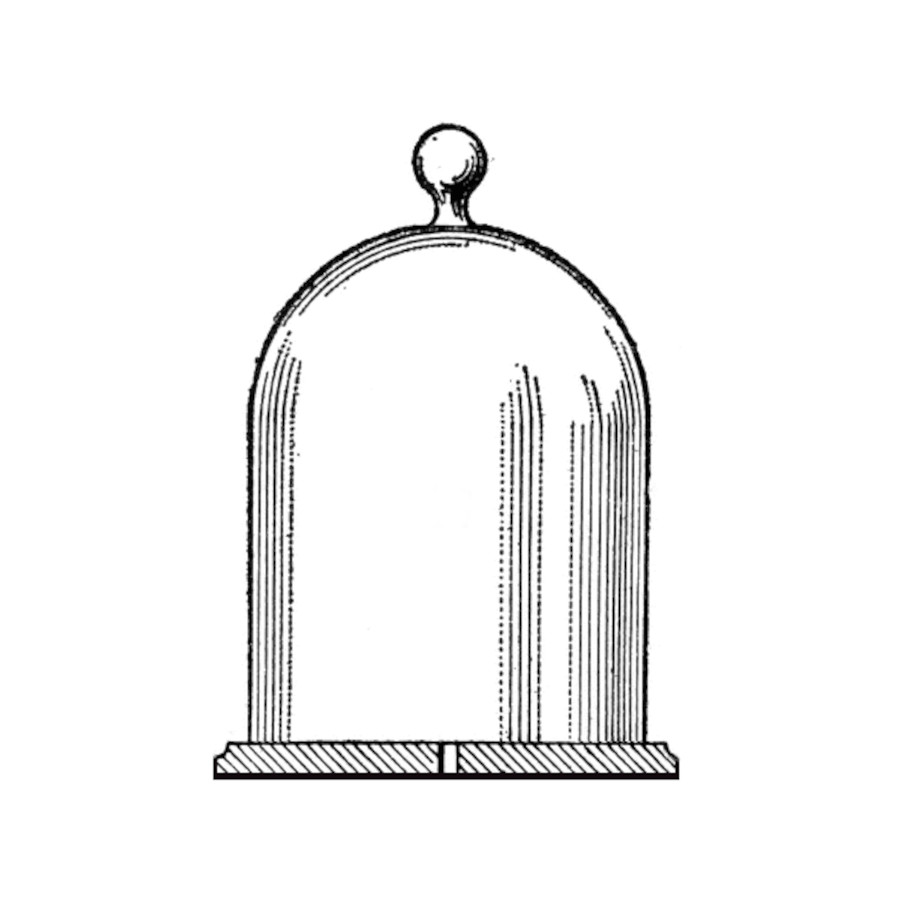Sylvia Plath? Karen V. Kukil? Ronald Hayman? Apocryphal?

Question for Quote Investigator: A prominent literary figure who was experiencing bouts of intense anxiety wrote about feelings of restriction. Here are two versions:
(1) Your room is not your prison. You are.
(2) It isn’t your room that’s a prison, it’s yourself.
This notion has been attributed to acclaimed U.S. poet and novelist Sylvia Plath. Are either of these statements genuine? Would you please help me to determine the correct phrasing and a citation?
Reply from Quote Investigator: Sylvia Plath kept journals for many years which she filled with her private thoughts. She recorded the fact that she had both contemplated and attempted suicide.
Plath attended Smith College from 1951 to 1955. The following passage from 1953 employed a tone of self-reproach. Boldface added to excerpts by QI:1
Stop thinking selfishly of razors & self-wounds & going out and ending it all. Your room is not your prison. You are. And Smith cannot cure you; no one has the power to cure you but yourself.
The excerpt above appeared in “The Unabridged Journals of Sylvia Plath 1950-1962” edited by Karen V. Kukil published in 2000. The entry was written between June 19, 1953 and July 14, 1953.
Below are additional selected citations in chronological order.
An edited and abridged version of Plath’s writings were published in 1982 under the title “The Journals of Sylvia Plath 1950-1962”. The excerpt above appeared and was almost identical. Each ampersand was converted to the word “and”.2
In 1987 the “Washington Post” published a review of a biography of Sylvia Plath. The reviewer reprinted some words of harsh self-assessment from Plath’s journals:3
In her college journal she criticized herself as “an Over-grown, Over-protected, Scared, Spoiled Baby” who was afraid of independence, afraid “to face the great huge man-eating world.” “Stop thinking selfishly,” she urged herself, “of razors and self-wounds and going out and ending it all. Your room is not your prison. You are.”
The 1991 biography titled “The Death and Life of Sylvia Plath” by Ronald Hayman contained the second version of the statement under examination. This version was not in Plath’s journals. It was a paraphrase. The surrounding text was based on the author’s interpretation of Plath’s journal. The footnote accompanying the paraphrase pointed to three pages in the 1982 edition of the journals:4
Start writing. Be glad for other people and make them happy. Go out and do something. It isn’t your room that’s a prison, it’s yourself. Which implies that liberation can be achieved by destroying the prison. The self is dueling with its intimate enemy, the self.
In 2008 “The Dedalus Book of Literary Suicide: Dead Letters” by Gary Lachman printed the second version of the statement while incorrectly attributing the words to Plath:5
Start writing. Be glad for other people and make them happy. Go out and do something. It isn’t your room that’s a prison, it’s yourself.
In 2019 the website of “Paste Magazine” published an article titled “15 of the Best Sylvia Plath Quotes”. The eleventh item was the second version of the statement under examination together with the incorrect claim that the words appeared in “The Unabridged Journals of Sylvia Plath”:6
11. On getting out of a funk
“Go out and do something. It isn’t your room that’s a prison, it’s yourself.”
In conclusion, Sylvia Plath deserves credit for the first version of this statement. It appeared in an entry from 1953 within Plath’s journals. The second version of the statement is a rephrased instance of the first. It does not appear in Plath’s writings.
Image Notes: Public domain illustration of a bell jar from an 1897 textbook. The illustration has been retouched, cropped, and resized.
Acknowledgement: Great thanks to Sam T whose inquiry led QI to formulate this question and perform this exploration.
- 2000, The Unabridged Journals of Sylvia Plath 1950-1962, by Sylvia Plath, Edited by Karen V. Kukil, Section: Wellesley, Massachusetts (Summer 1953), Date Is Between: June 19, 1953 and July 14, 1953, Quote Page 186, Anchor Book: A Division of Random House, New York. (Verified with scans) ↩︎
- 1982, The Journals of Sylvia Plath 1950-1962 by Sylvia Plath, Editor: Frances McCullough, Consulting Editor: Ted Hughes, Part I: Smith College 1950-1955, Date Is Between: June 19, 1953 and July 14, 1953, Quote Page 87, The Dial Press, New York. (Verified with scans) ↩︎
- 1987 October 25, Washington Post, Section: Book World, Sylvia Plath and the Prison of Her Days by Bruce Bawer, (Book Review of “Sylvia Plath: A Biography” by Linda Wagner-Martin, Quote Page BW4, Column 4, Washington D.C. (ProQuest) ↩︎
- 1991, The Death and Life of Sylvia Plath by Ronald Hayman, Chapter 4: The Hostile Self, Quote Page 59, A Birch Lane Press Book: Published by Carol Publishing Group, New York. (Verified with scans) ↩︎
- 2008, The Dedalus Book of Literary Suicide: Dead Letters by Gary Lachman, Chapter 6: The Manic-Depressive Suicide, Quote Page 146, Dedalus Ltd, Sawtry, Cambridgeshire, England. (Verified with scans) ↩︎
- Website: Paste Magazine, Article title: 15 of the Best Sylvia Plath Quotes, Article author: Savannah Sicurella, Date on website: June 6, 2019, Website description: News and criticism of popular culture. (Accessed pastemagazine.com on February 5, 2024) link ↩︎